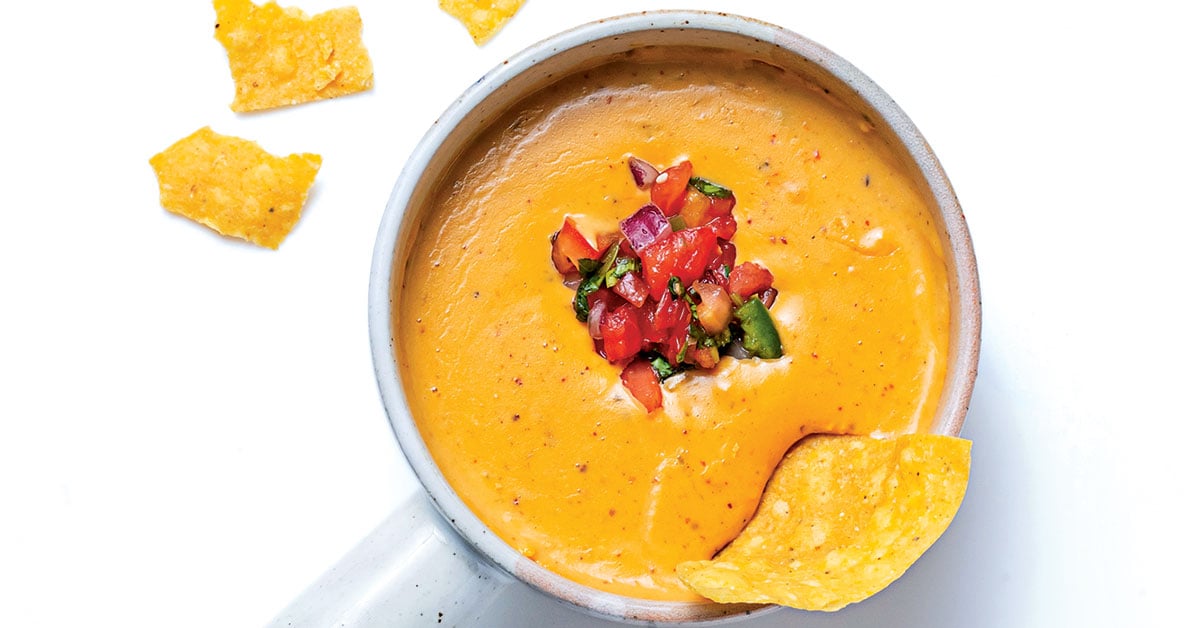By this point, we all know that being stressed has negative consequences—and not just because you’re more likely to flip out on the people around you. Stress can take a serious toll on your health, and according to a new study published in Nature Scientific Reports, it can also take a toll on your gut microbiota.
Your gut microbiota is made up of a powerful set of 100 trillion microbial cells—cells which may affect everything from your metabolism to your immune system. In other words, it’s a tiny, but very important part of the human body when it comes to staying in good health. This is why researchers at Brigham Young University (BYU) started looking into how stress can negatively effect it.
“The gut microbiota impacts several aspects of our physical and mental health, and it can contribute to obesity, type 2 diabetes, and heart disease,” says lead study author and BYU associate dean of college life sciences Laura Bridgewater. “Understanding that external factors such as stress can alter the composition of the gut microbiota should give us extra incentive to take care of ourselves and manage stress in our lives, in order to avoid gut microbiota changes that could harm us in the long run. Diet is not the only thing that matters.”
For the study, the researchers used male and female mice. They put half the males and half the females on a high-fat diet. They then put the mice through mild, unpredictable stress tests—such as making them swim in hot or cold water or exposing them to predator smells and sounds. At the end of 18 days, the researchers extracted the mice’s microbial DNA for testing.
What they found was that the male mice on the high-fat diet showed more anxiety-related behaviors than the female mice on the high-fat diet. Perhaps more interesting though, the tests showed that the stress caused similar negative changes in the gut microbiota for the healthy mice as it did for those on the high-fat diet—but only for the female mice. While, yes, we’re talking about mice here, the researches think that the findings could have some interested implications for looking at how human males and females respond differently to stress.
“While we can’t assume that observations in female mice apply directly to women, this study does raise the question of whether women might be more vulnerable to stress-induced microbiota changes than are men,” says Bridgewater.
More research—and research done with humans—will be needed to draw better conclusions about how these findings apply to all of us. But in the meantime, this study serves as a good reminder to find your zen a little more often—your gut will thank you.


















